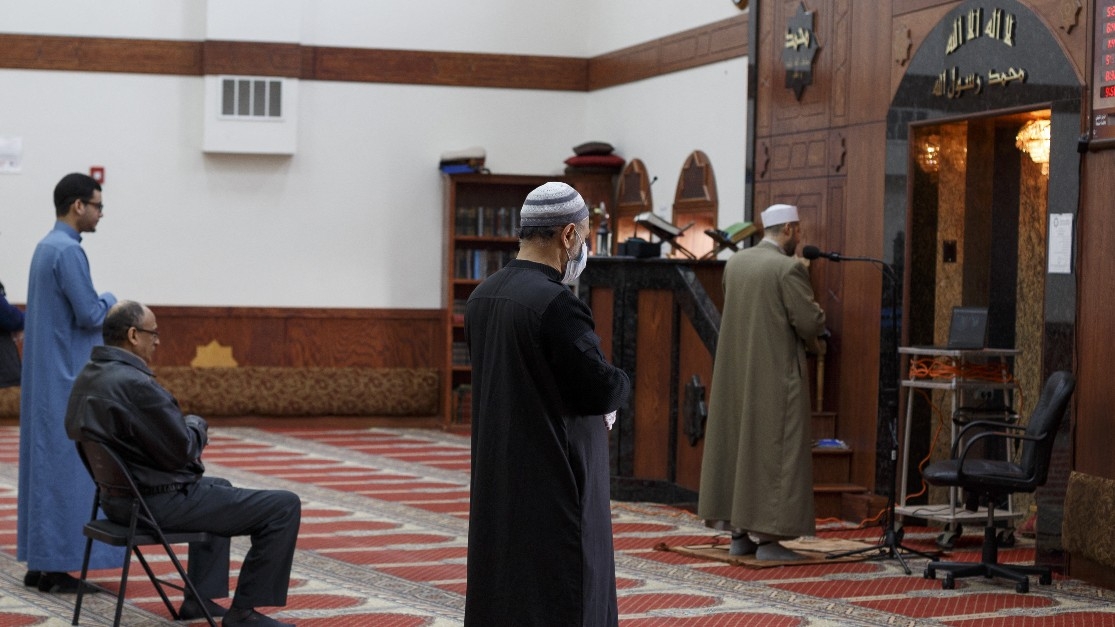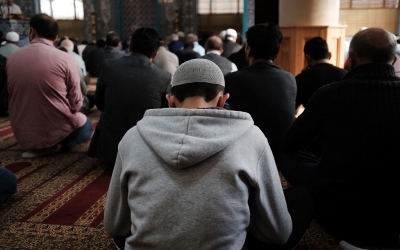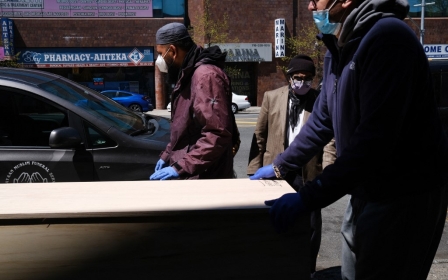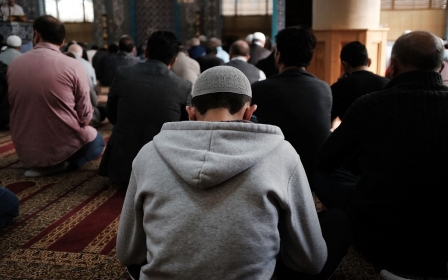US: Muslim community in Dearborn faces growing mental health crisis

The Muslim community in the US city of Dearborn, Michigan, is facing a growing mental health problem, as police in partnership with social workers went on a record number of mental health runs in 2022, according to local reports.
As of 21 December 2022, officers in Dearborn responded to more than 1,000 mental health emergency calls throughout the year, an increase of 31 percent from the previous year.
New MEE newsletter: Jerusalem Dispatch
Sign up to get the latest insights and analysis on Israel-Palestine, alongside Turkey Unpacked and other MEE newsletters
In Dearborn, home to one of the largest Muslim communities in the US and also known as the capital of Arab America, mental health issues are exacerbated because of the stigma that often surrounds mental illness in Muslim communities.
"You have challenges in all cultures, including a stigma about mental health and a resistance to talking about it, but there are some things that are particularly salient to Muslim culture," Harnada Hamid Altalib, president of the Institute for Muslim Mental Health, told The Detriot News.
"You have a mistrust of the system if you're an immigrant and not in your home country, and there's a reluctance to see a doctor. Specific to Muslims, there's a concern about Islamophobia in the system."
Dearborn police, the city's Department of Public Health, and the Arab Community Center for Economic and Social Services (Access) have been working together to address mental health issues affecting the city.
Last month, Access began a programme using social workers inside the police department to respond to mental health-related emergency calls.
Across the US, communities are debating how to fix their mental health care system, and some community advocates say the police are ill-equipped to respond to mental health-related emergencies.
Suicide in Muslim communities
In the United States, suicide is a leading cause of death. In 2020, an estimated 12.2 million American adults seriously thought about suicide; 3.2 million planned a suicide attempt; and 1.2 million attempted suicide, data from the Centers for Disease Control and Prevention shows.
The numbers increased the following year, where there were about 23 deaths by suicide for every 100,000 men, compared with about six for every 100,000 women.
While there is little data looking at the rates of suicide in the Muslim-American community, experts say the numbers are high.
In a 2021 study published by the Journal of the American Medical Association, nearly eight percent of Muslims reported a suicide attempt in their lifetime - compared with six percent of Catholics, five percent of Protestants, and 3.6 percent of Jewish respondents.
Mental health experts previously told MEE that while there's a stigma in seeking help in every community, it is particularly acute amongst Muslims, with mental health issues sometimes attributed to a lack of faith.
"When someone says: 'You should pray more; it'll help you with depression.' That's not always true. In fact, in some cases, it's not true at all," Fahad Khan, a licensed clinical psychologist and the deputy director of the Khalil Center, told MEE in 2021.
"But what is true is that if someone does have a deeper connection with their religion, it serves as a protective barrier for severe mental health issues or suicide, and that's been shown through research."
Middle East Eye delivers independent and unrivalled coverage and analysis of the Middle East, North Africa and beyond. To learn more about republishing this content and the associated fees, please fill out this form. More about MEE can be found here.





